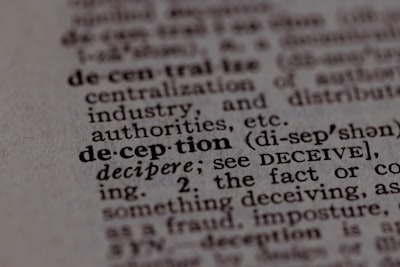Legal Gambits in the Spotlight: What Diddy’s Brevity Means for Celebrity Defense
When headlines announce that Sean 'Diddy' Combs’ attorneys ended their defense after only 20 minutes, the brevity sends shockwaves far beyond the courtroom. Such a move is not just about legal tactics—it’s a telling indicator of strategy, confidence, or, intriguingly, calculated risk in the high-stakes world of celebrity litigation.
The 20-Minute Defense: Calculated or Cornered?
For most high-profile defendants, lengthy defenses, packed with expert witnesses, character testimonials, and meticulous cross-examinations, are the norm. Diddy’s defense team electing for a radically brief presentation upends expectations. Why would a legal team entrusted with a celebrity empire rest so quickly?
Key Perspectives:
| Possible Motivation | Implications |
|---|---|
| Strong Prosecution Weakness | Belief that the prosecution hasn’t proved their case—no need for lengthy rebuttal. |
| Legal Tactics | Minimize risk of cross-examination exposing weaknesses; keep focus on prosecution’s burden of proof. |
| Calculated Optics | Project unwavering confidence, suggesting charges lack substance. |
| Limited Viable Defense | Lack of credible counter-evidence, signaling “damage control” over aggressive defense. |
Surprisingly, such moves occasionally result in acquittals if the prosecution’s case is seen as threadbare. But it is a gambit—jurors could interpret the defense’s brevity as evasiveness or lack of evidence.
The Celebrity Courtroom: Beyond the Ordinary
Sean ‘Diddy’ Combs—music mogul, business powerhouse—stands as a symbol of both Black excellence and the pitfalls of celebrity culture. His trials garner glaring media scrutiny akin to a public referendum. In this climate, legal battles do more than decide guilt or innocence—they shape public figures' legacies.
Societal Impacts:
- Trial By Public Opinion: Media coverage can amplify or distort details, shaping perceptions before courts deliver verdicts.
- Legal System Spectacle: Short defenses in high-profile cases challenge expectations about “fair trial” standards.
- Justice & Influence: Wealth and status bring top-tier legal teams, raising questions of equity and access in the justice process.
Notable Precedents and Cultural Lessons
History is dotted with famous short defenses—rare but memorable. The most relevant comparison is the O.J. Simpson case, where brevity served as a strategic chess move, not a sign of surrender. In Diddy’s case, the implications are profound: is his legal team hinting at prosecutorial overreach, or simply bracing for damage control?
Broader Trends: Legal Strategy in a Media Age
Today’s legal teams don’t just argue cases—they craft narratives. Brief defense arguments can be weaponized for public consumption, signaling fearlessness or highlighting prosecution flaws. In the age of social media and real-time news cycles, every courtroom gesture becomes part of a broader cultural dialogue on justice, race, and celebrity.
Final Thought
A 20-minute defense is more than just a legal tactic; it’s an audacious statement in a legal landscape shaped increasingly by spectacle, speed, and storytelling. Regardless of the verdict, the approach will ignite debate on the balance between defense rights, public perception, and the search for truth in the glare of celebrity justice.
This article was inspired by the headline: 'Sean 'Diddy' Combs' attorneys end their defence case after only 20 minutes'.

Comments
No comments yet. Be the first to comment!